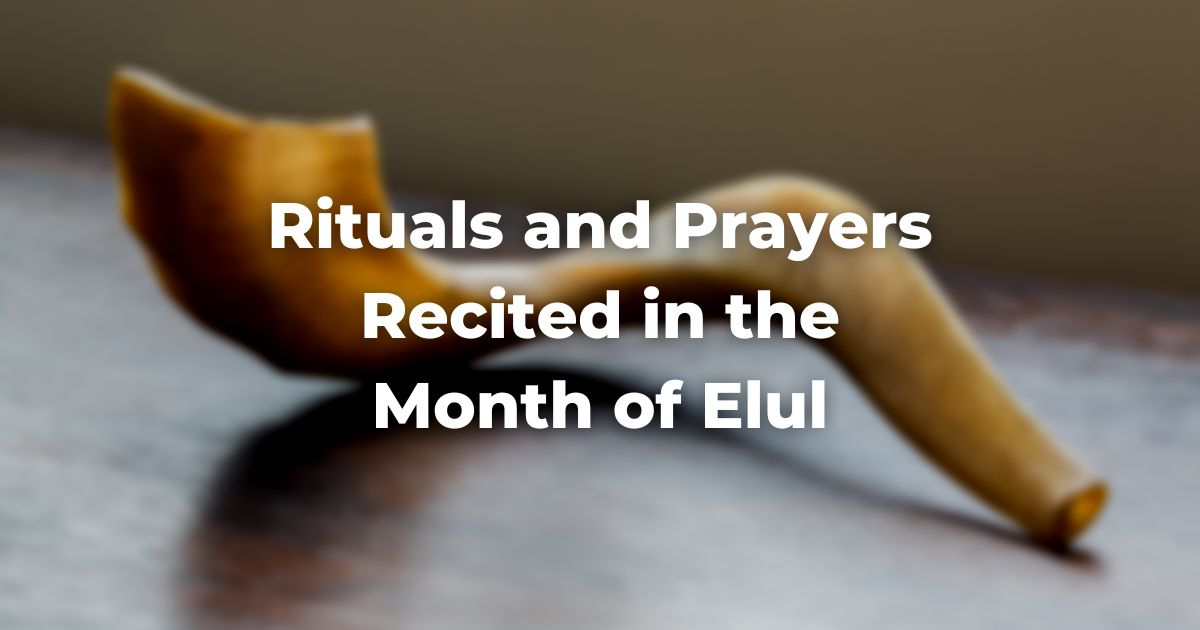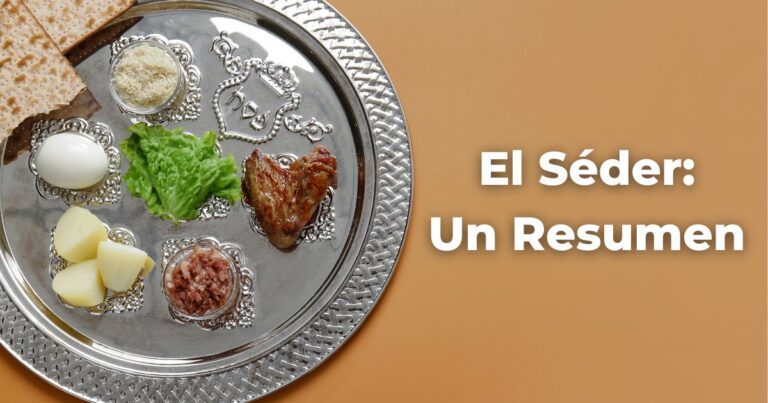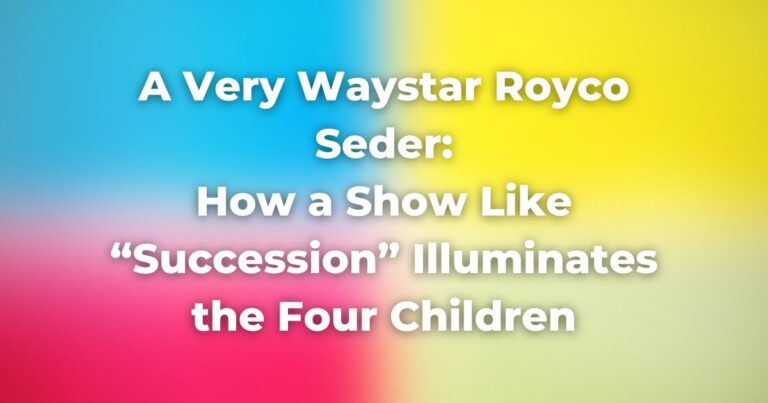Every great experience requires preparation, and the High Holidays are no exception. Indeed, the preparations for the yamim nora’im (translated as The Days of Awe) begin a full month in advance with the onset of the month of Elul.
In a certain sense, the High Holiday period could be said to begin as early as the first day of Elul and only to end with Yom Kippur. This creates a period of approximately forty days during which the dominant theme is repentance. (Some, however, even understand the High Holiday period to extend until Hoshana Rabbah, the seventh day of Sukkot and the final of its intermediate days.)
The Number 40
The number forty resonates in Jewish tradition on many levels: it is the number of years the Israelites wandered in the wilderness before reaching the Promised Land and also the number of days that Moses dwelt in the presence of God while receiving the TorahRefers to the first five books of the Hebrew Bible, the Tanakh, also called the Five Books of Moses, Pentateuch or the Hebrew equivalent, Humash. This is also called the Written Torah. The term may also refer to teachings that expound on Jewish tradition. Read more on Mount Sinai.
Similarly, Elul initiates a very special period of introspection and self-analysis when every Jew is challenged to reenact the journey from exile to redemption on a personal level and to strive to experience the presence of God in a way that echoes Moses’s communion with God during his time atop the mountain.
The Daily Blasts of the Shofar
The shofar is sounded at the end of every weekday Morning Service beginning with the first day of Elul and ending the morning before Erev Rosh Hashanah (glosses of the Rema to SA Orach Chayyim 581:1 and 581:3).
The shofar is not sounded on the day before Rosh Hashanah, in order to differentiate between the blasts heard during Elul, which are merely a custom, and the blasts of the shofar sounded on Rosh Hashanah itself, which are ordained by Scripture (gloss of the Rema to SA Orach Chayyim 581:3, and see the comment of the MishnahA collection of rabbinic teachings edited in Israel around 225 CE. Organized in six sedaraim by subject matter and dealing with both ritual and civil law. Both the Jerusalem and Babylonian Talmud are expansive discussions of the Mishnah. Read more Berurah ad loc., note 24).
Hearing the shofar alerts attentive worshipers to the approach of the Days of Awe and challenges even the hesitant among them to get busy with the work of teshuvah, repentance.
Psalm 27
It is also the custom to recite Psalm 27 at the conclusion of the Morning Service just after the shofar is sounded, and also at the end of the Evening Service, throughout the entire High Holiday period from the first of Elul to Hoshana Rabbah. (Some end the recitation of this psalm at Yom Kippur.)
Psalm 27 suggests the themes of the season, as evidenced by an ancient midrashThis word is used in two ways, as both a concept and a literature. As a concept, midrash is the expansive interpretation of biblical texts. The term is used to describe the practice of rabbinic interpretation. As a text, it refers to specific collections of interpretations, particularly from the third to ninth centuries in the Land of Israel and Babylonia. Plural: Midrashim
Read more on its opening line preserved at Midrash Tehillim 27:4: “God is my light—on Rosh Hashanah—and my salvation—on Yom Kippur. Whom then shall I fear—on Hoshana Rabbah?”
Adapted with permission from The Observant Life.
Authors
-

The Observant Life: The Wisdom of Conservative Judaism for Contemporary Jews distills a century of thoughtful inquiry into the most profound of all Jewish questions: how to suffuse life with timeless values, how to remain loyal to the covenant that binds the Jewish people and the God of Israel, and how to embrace the law while retaining an abiding sense of fidelity to one’s own moral path in life. Written in a multiplicity of voices inspired by a common vision, the authors of The Observant Life explain what it means in the ultimate sense to live a Jewish life, and to live it honestly, morally, and purposefully. The work is a comprehensive guide to life in the 21st Century. Chapters on Jewish rituals including prayer, holiday, life cycle events and Jewish ethics such as citizenship, slander, taxes, wills, the courts, the work place and so much more.
View all posts -









